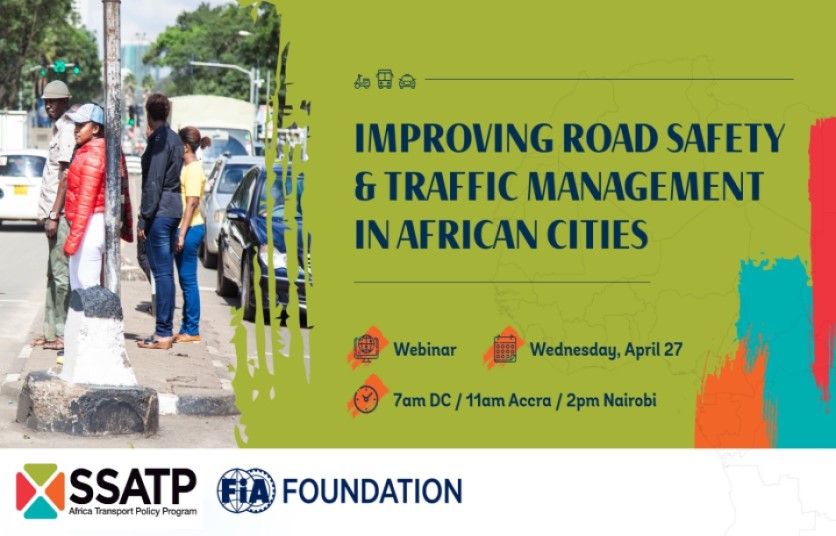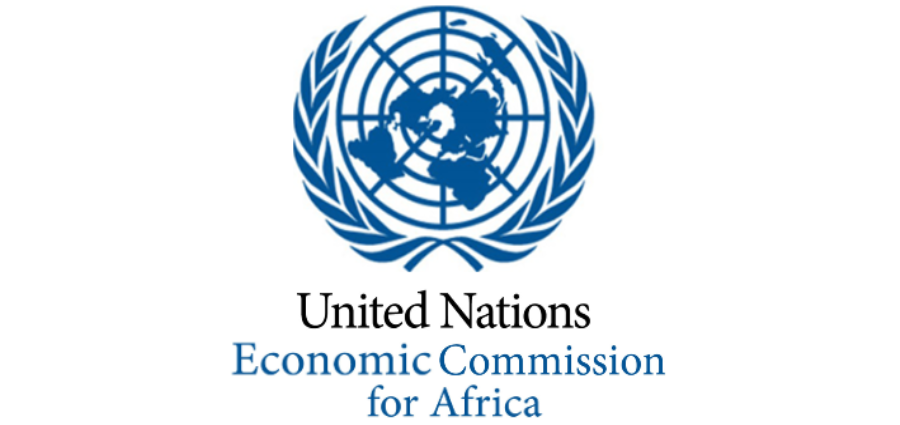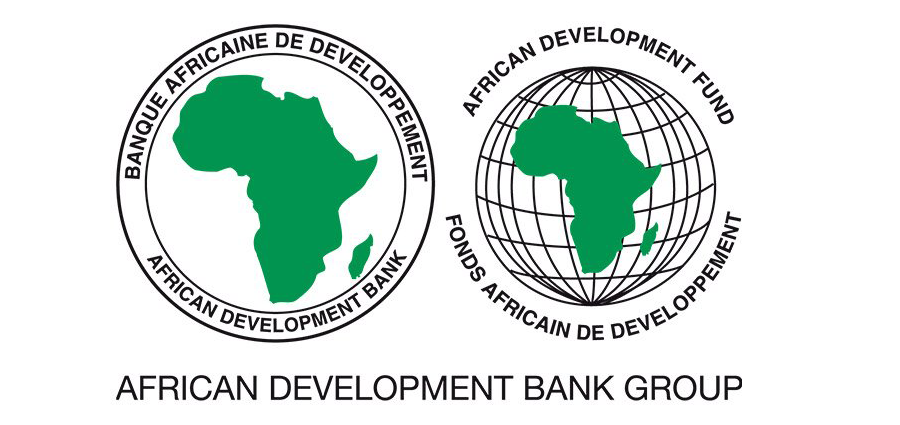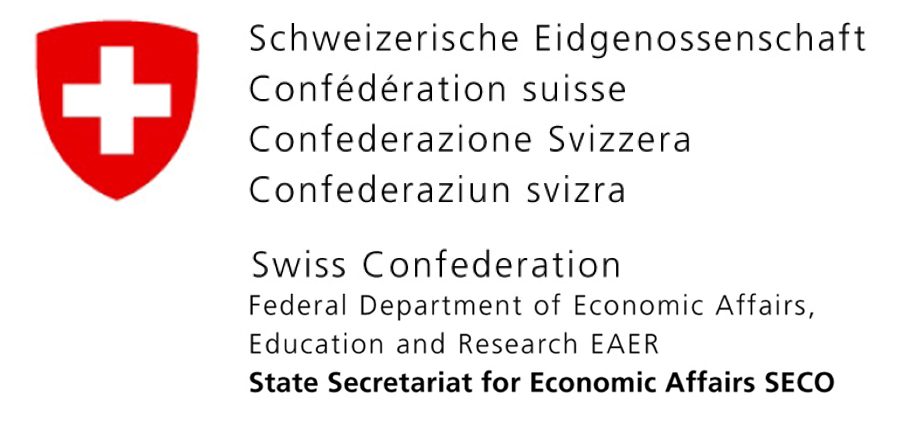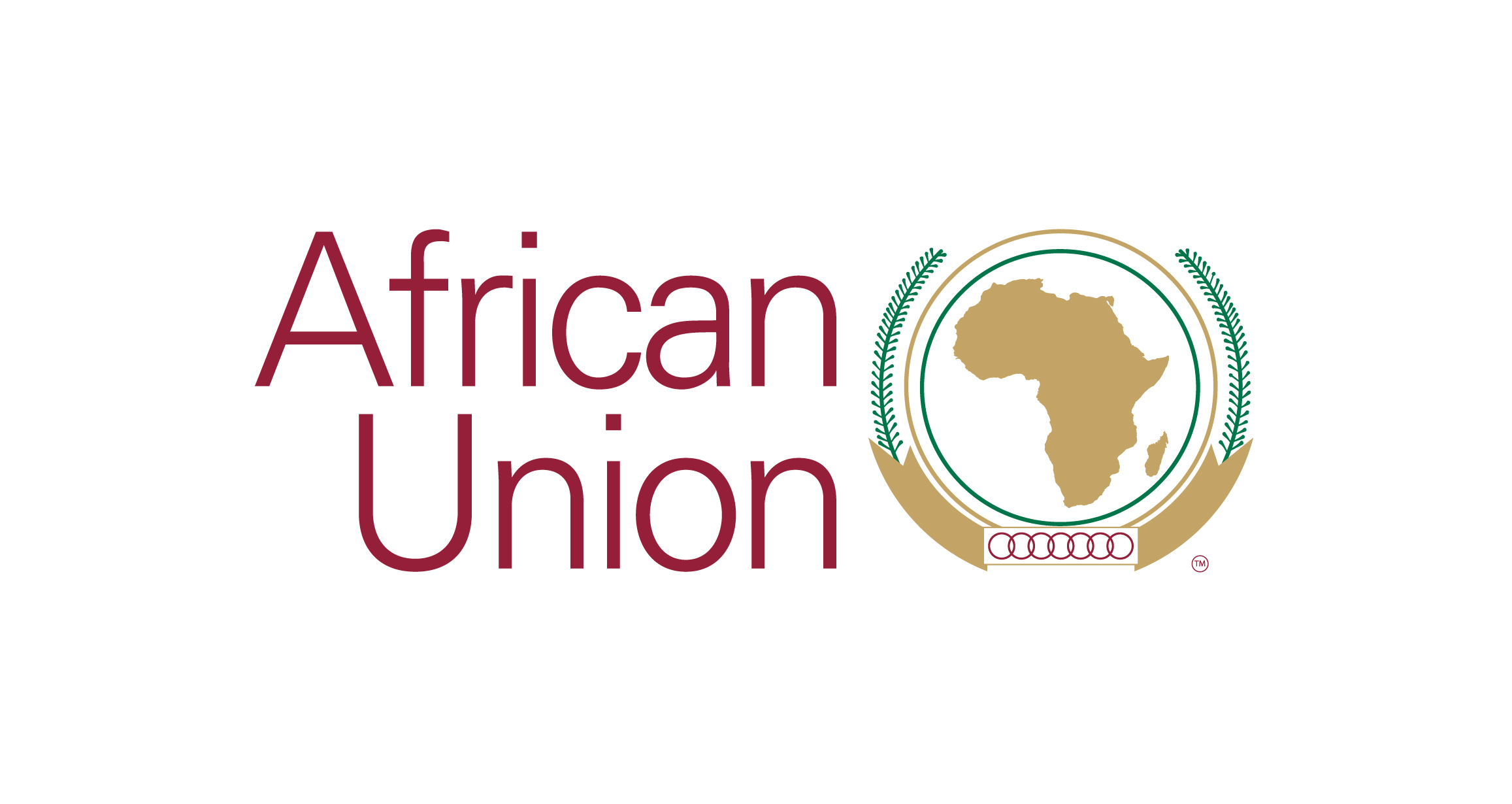WEBINAR: Improving Road Safety & Traffic Management in African Cities
In partnership with the FIA Foundation, the Africa Transport Policy Program hosted a webinar to present concrete urban mobility, road safety, and traffic management guidance that will help city administrators, development practitioners, and their partners address the safety, accessibility, and mobility challenges faced by cities in Africa. This guidance complements recent SSATP publications on Road Safety Strategies for African Cities: A Guide to Development and Traffic Management for Sub-Saharan African Cities: The Way Forward, which are based on the experience of city partners in Addis Ababa and Accra, among others, as well as the findings of two FIA research studies on motorcycle safety and last-mile connectivity in Lusaka and Maputo, which seek to (i) understand passengers’ experiences and preferences around public transport, particularly at the ‘last mile’ between their homes to the public transport stop, (ii) explore issues around motorcycles as an intermediate transport mode, including both the motivations and safety implications of those who use them, and (iii) draw lessons to inform the best ways to link people in poorly connected urban areas with public transport corridors.
During the webinar, participants learned how to: (i) develop road safety strategies that maximize the chances of successful implementation by recognizing the value of simplicity, identifying vital local safety issues, and prioritizing interventions for pedestrians, (ii) using a people-centered approach, shift the focus from motorized to non-motorized transport (NMT) modes through traffic management measures for pedestrians, and (iii) improve safety and efficiency through Intelligent Transport Systems (ITS).
Discussions were held in English with simultaneous translation to French.
Presentations:
-
Road Safety Strategies for African Cities: A Guide to Development
-
Traffic Management in Sub-Saharan African Cities: The Way Forward
-
Motorcycle Safety and Last Mile Connections in Lusaka and Maputo Study
